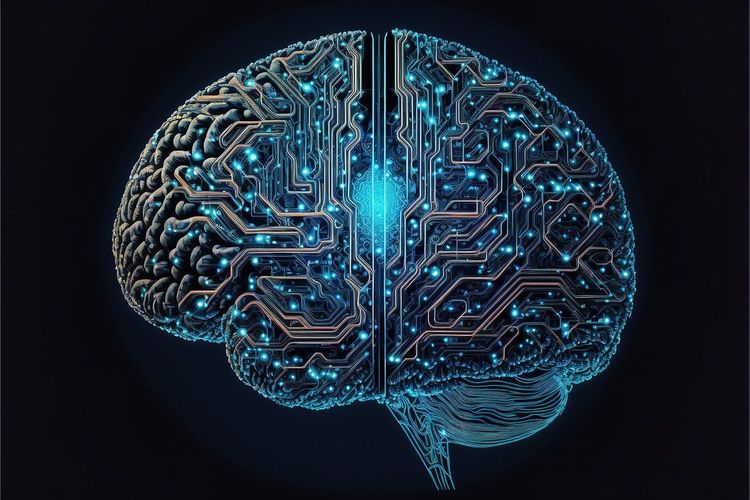This weekend, I found myself reflecting on Fei-Fei Li, the renowned computer science researcher behind ImageNet—the pivotal image dataset that catalyzed significant advancements in computer vision, culminating in AlexNet, the convolutional neural network that sparked the deep learning revolution in 2012. As a Stanford University professor for nearly 15 years and co-director of the Stanford University Human-Centered AI Institute, Li has made remarkable contributions to the field. She also served as the former chief scientist of AI and ML at Google and has authored the recently released book The Worlds I See, which has garnered attention from respected outlets like The Economist, NPR, Fortune, MIT Technology Review, and Wired.
However, I was surprised to see that Li was notably absent from a list published by The New York Times titled “Who’s Who Behind the Dawn of the Modern Artificial Intelligence Movement.” This list featured twelve prominent figures, including OpenAI CEO Sam Altman, Anthropic co-founder Dario Amodei, Microsoft co-founder Bill Gates, DeepMind co-founder Demis Hassabis, AI researcher Geoffrey Hinton, venture capitalist Reid Hoffman, Tesla and X leader Elon Musk, Microsoft CEO Satya Nadella, Google co-founder Larry Page, venture capitalist Peter Thiel, “internet philosopher” Eliezer Yudkowsky, and Meta CEO Mark Zuckerberg. Strikingly, there were no women included at all.
The reaction to this list was likely one of collective disbelief. I envisioned countless eye rolls across the globe at the Times’ characterization of this group as “researchers, tech executives, and venture capitalists” who had significantly contributed to AI development prior to the rise of chatbots.
Yet, beyond the initial frustration, I pondered the deeper implications. Before the eye rolls, I can imagine a moment of confusion—a furrowed brow, a squint, and a long sigh of disappointment as people processed the absence of women in a movement where so many have contributed. Personally, I added a nostril flare and a curled lip to the mix.
In response, Li shared a post from journalist Kara Swisher, who highlighted the need for increased representation of women in AI, stating that it should be as commonplace as having “binders” filled with qualified women candidates.
Li’s omission is part of a broader issue—the ongoing struggle to highlight female contributions to the modern AI landscape. This oversight reflects a persistent “where's the women” problem, a sentiment that resonates with most individuals, especially those of us directly engaged in the AI discourse.
As a female journalist covering AI, I, too, am weary of having to continually highlight gender disparities. I would much prefer to focus on pressing issues such as the governance challenges related to OpenAI’s nonprofit board rather than the fact that female representation has been all but eliminated. The discomfort of moderating panels where women are absent or outnumbered is all too familiar.
It’s time for collective accountability. The AI community—men and women alike—must strive to do better. Addressing gender bias within this innovative field begins with recognizing the invaluable contributions of pioneers like Fei-Fei Li. Including her and other women in discussions of AI leadership should be a straightforward endeavor.







